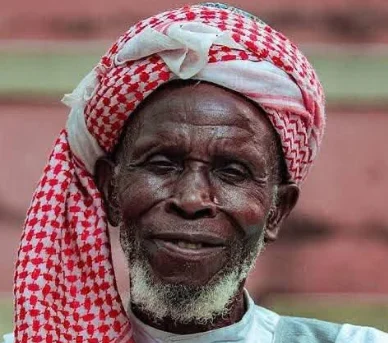
The President of the World Bank Group, Ajay Banga, has projected that Nigeria’s population will increase by about 130 million people by 2050, firmly positioning the country among the world’s most populous nations.
Banga made the projection during the 2025 Annual Meetings of the International Monetary Fund (IMF) and the World Bank in Washington, where he described the coming decades as one of the greatest demographic shifts in human history.
According to the United Nations Population Fund (UNFPA), Nigeria’s population currently stands at approximately 237.5 million. With an estimated 130 million more people expected by 2050, the country’s population could exceed 360 million, intensifying both opportunities and challenges in job creation, education, and infrastructure.
“Nigeria will swell by about 130 million, firmly establishing itself as one of the most populous nations in the world,” Banga said.
He noted that Zambia would add about 700,000 people each year, while Mozambique’s population is expected to double by mid-century.
‘One in Four People Will Live in Africa by 2050’
Banga said the pace of population growth across Africa is unprecedented, predicting that the continent will be home to one in every four people on Earth by 2050.
“We are living through one of the great demographic shifts in human history,” he said. “By 2050, more than 85 percent of the world’s population will live in countries we call ‘developing’ today.”
He added that in just the next 10 to 15 years, 1.2 billion young people will enter the global workforce, competing for only 400 million jobs, leaving a significant employment gap.
“Over the next decade, four young people will enter the workforce every second,” Banga noted. “With their energy and ideas, they will shape the century ahead.”
Jobs, Stability, and the Future of Growth
The World Bank president cautioned that without deliberate policy actions, the optimism of Africa’s youth could turn into frustration, leading to instability, unrest, and mass migration.
“This is why jobs must be at the center of any development, economic, or national security strategy,” he said. “A job is more than a paycheck, it’s dignity, purpose, and the glue that keeps societies together.”
Banga explained that the World Bank has restructured its operations to respond to these demographic realities by focusing on speed, simplicity, and substance in project delivery. He noted that average project approval times have been cut from 19 months to 12, with some projects cleared in under 30 days.
He urged world leaders to invest in education, entrepreneurship, and sustainable infrastructure, saying that with the right investments, Africa’s population boom could become a powerful engine of global growth, rather than a source of instability.



